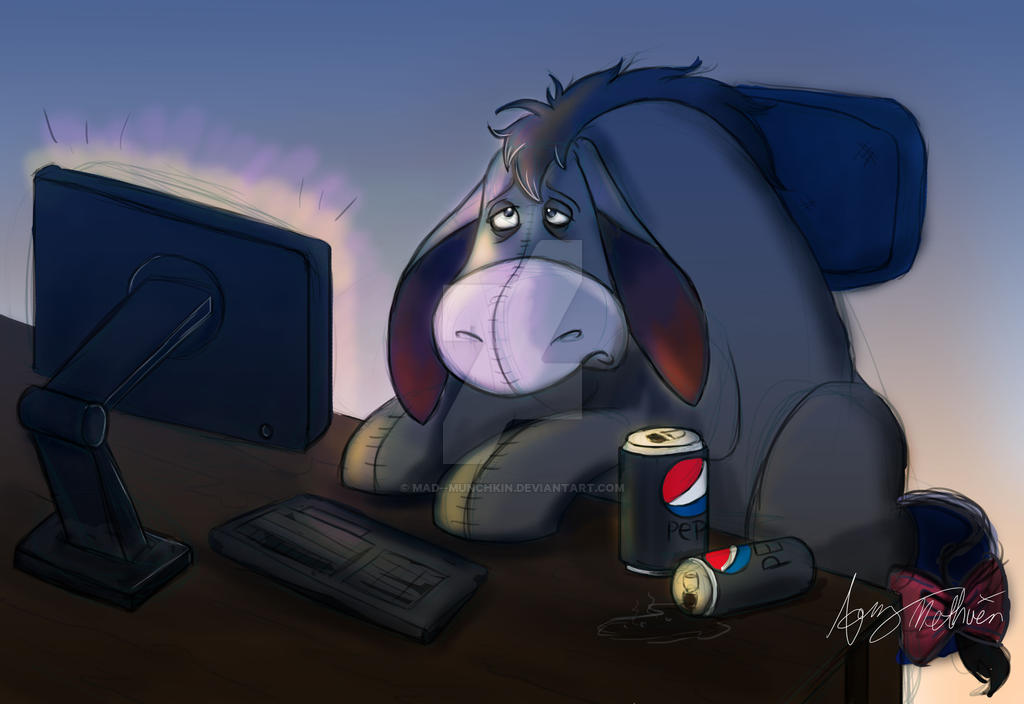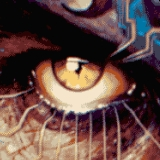Seeing famous actors e.g. Robin Williams, and Bruce Willis suffering from dementia made me wonder in later stages do the people still aware of death? We all kniw death either because of religion belief or thought of the process but we don’t know when we become aware of it or is it just inherit.
I think yes, but how they experience it may be different from how they would have if they didn’t have dementia. It also varies person to person, and time to time.
This elderly lady I know, she would talk about experiences from decades ago as if it was recent. But from time to time she’d also talk about missing the people in those stories knowing that they passed away.
It must be hard for them too trying to work through it all
I’m sure it varies from person to person and disease to disease.
About three years ago my brother died of brain cancer and I was there helping him through the whole process of decline and death. He was definitely aware he was dying earlier on, of course, when the tumor’s effects were mild. But in his final days he just kind of shut down bit by bit. He seemed to be unaware of some of the degradation that was happening to his mind - he would lose specific words, for example, substituting random words in their place, but he was unaware this was happening even when we told him about it. One of the surgeries ended up taking out a quarter of his visual field but we only knew that because they explicitly checked - he didn’t seem to be aware that he couldn’t see stuff in that quadrant any more. So I suppose in his case the progression was fairly “merciful.”
If you’re dealing with a specific situation here, I’d recommend asking one of the doctors involved. I’m sure they’ll have some knowledge more specific to it.
I lost my father to Glioblastoma. 🫂
Very sorry to hear that. It’s a fast and certain variety, not easy to treat yet. Here’s hoping we’ll find its weak spot someday soon.
When a person is truly late stage dementia they’re barely more than a vegetable.
yeah it is the worst. I so hope assisted suicide becomes an option if I ever get there. Honestly I would like to have a list to determine when its to happen. Can’t walk plus can’t eat solid food while having alzheimers. Worst thing about the disease is when it gets bad enough you are no longer competent to make the call.
It already is an option in certain states in the US and I think parts of Europe.
The problem with assisted suicide, at least in my country, is that at the point where you’re no longer aware of your surroundings, you can’t legally consent to anything anymore.
You can get notarized instructions while you’re still sound telling everyone to just off you when you get too bad, but when you forget you ever did that and become scared our of your mind that they’re trying to kill you, caregivers might not follow your instructions.
Many people have indicated their wish for euthanasia to friends and family, but without the legal paperwork, you’re not getting euthanized. This is why it’s important to get this stuff on paper (as young as in your 40s or earlier, early onset dementia can happen!). You also need to keep this stuff updated, if you write down you want to be euthanized if you develop dementia when you’re 60 but only start developing symptoms at 90, that 30 year old document may not be sufficient.
In the end, the paperwork is there to protect the doctor from murder charges, which will refuse to euthanize you if they believe you don’t want to be euthanized.
In some cases, family members may also protest (“you’re not killing my mom/dad!” and calling the police) if they disagree with your choice. I believe it’s possible to mitigate this beforehand through further paperwork, but you’ll have to make sure everyone either agrees with your decision or indicate which family members get power of attorney or things become complicated quickly.
When it comes to euthanizing the elderly if they can’t consent anymore, there’s a lot of red tape. Nobody wants “government death panels” (as some American media likes to call euthanasia). The same problems also exist with children born with extreme disabilities or endless suffering through disease, though they usually have two parents who can make the decision.
Your local laws may differ, but there’s no clean euthanasia for someone unaware of the concept of it, or who has forgotten they ever consented. Imagine if someone showed up with a piece of paper you supposedly signed, telling you that they’re there to end you, because of some disease you’ve never heard of but don’t think you have. There’s no way you wouldn’t at least try to run away!
Depending on the damage done to the brain, it could be a full-on recognition of impending death or just a primal, lizard brain fear that something is wrong and getting worse. I think Robin Williams was in the first category, and he was so fearful of the future that he took his own life and prevented himself from reaching stage two.
Late stage dementia can’t even feed themselves, so no.
It’s hard to say because by the time you’re in what would generally be considered late stage, you really aren’t able to communicate effectively.
What I can say is that what communication I have had with people that far gone did not entail anything about death. They weren’t doing their screaming or babbling or general word salad about death in any perceptible way. Overall, I’d say half of the patients I took care of were patients because of some kind of dementia, and I was very often there at the very end of their process.
I never had any patient close to the end that had a form of dementia as their primary diagnosis bring up death at all. Meaning, no Alzheimer’s type out dementia. Now, patients that exhibited dementia-like symptoms as a result of some other condition (usually brain tumors) did, in a small handful of instances say and do things that made it seem like death was on their mind.
Out of those, there’s only two where I feel confident that what they were saying was about their perception that they were dying, rather than it being more likely that it was a product of the same kind of random things that weren’t a sure sign that they were aware of their dying, if that makes sense.
Someone just saying disjointed strings of things that happen to include the words death or dying, it’s impossible to be sure what they were thinking or feeling. Because it could be jumbled in with completely unrelated things.
But yeah, those two in specific, I’m fairly sure that they were at least partially aware of the fact that they were near death. Both of them said that they wanted to die, at some point in the process, though they didn’t always say that. One of them said they weren’t ready, or that they didn’t want to go yet.
I don’t know, and there’s no way to know for sure, what they were thinking, if it was conscious thought, or even if it was actually them rather than just misfiring brains parroting things they’d heard in the past. But I “felt” like it was them, whatever kernel of their mind was left.









